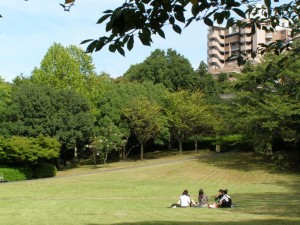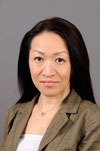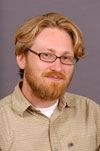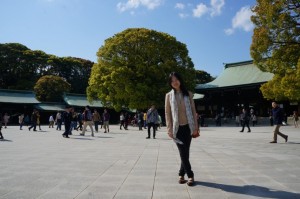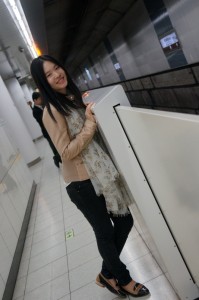Last Spring I studied abroad at Nanzan University, Nagoya, Japan. From January to May I was fortunate enough to be placed with a wonderful host-family in Nagoya, not too far from the university. At Nanzan I studied 5 courses consisting of communication, reading and writing, translation, Japanese culture and art, and Japanese business. Out of all the courses I took at Nanzan, I would say that translation class was the most enjoyable. The pieces that we translated consisted of the grammar patterns and vocabulary from the Intensive Japanese courses, so this class was an extremely good way to solidify the new knowledge. Additionally, we translated fun exerts such as Harry Potter, and popular Japanese songs and poems. My favorite part of this class was the translation project. I translated Japanese recipes, such as “daifuku mochi,” so that I could make authentic dishes once I returned home.
I am especially grateful to have had the experience of staying with such a kind host family while in Japan. Everyday I would come home from school, and rather than returning to bedroom, I would sit around the dining table with my host mother. We would talk, go shopping, karaoke, and make dinner together. She took me to such great places to enjoy Japanese cuisine, and of course, Nagoya’s specialty dishes. On top of that, she took me to Japanese hot-springs, hiking, try “mochitsuki,” and a wonderful night cherry blossom viewing. The experience was really made unforgettable thanks to my vibrant, and extremely generous host-mother.
A study abroad experience would not be complete without travel, and when I was in Japan I got to make the most of the airline sales, and make a trip to beautiful Okinawa, as well as Tokyo. I especially enjoyed my experience in Okinawa. It was interesting to have a trip to a place of such historical significance, natural beauty, and a different lifestyle to the city-dwelling stereotype.
It was satisfying to put my Japanese I have learned in college to use in day-to-day natural conversation and make Japanese friends. A lot of the friends I made are very interested in learning English, so it was so much fun to teach them a little English, and learn so much from them about their language, and culture. The language became so much more important to me after using it outside of the classroom to form friendships that I will treasure for many years to come.


